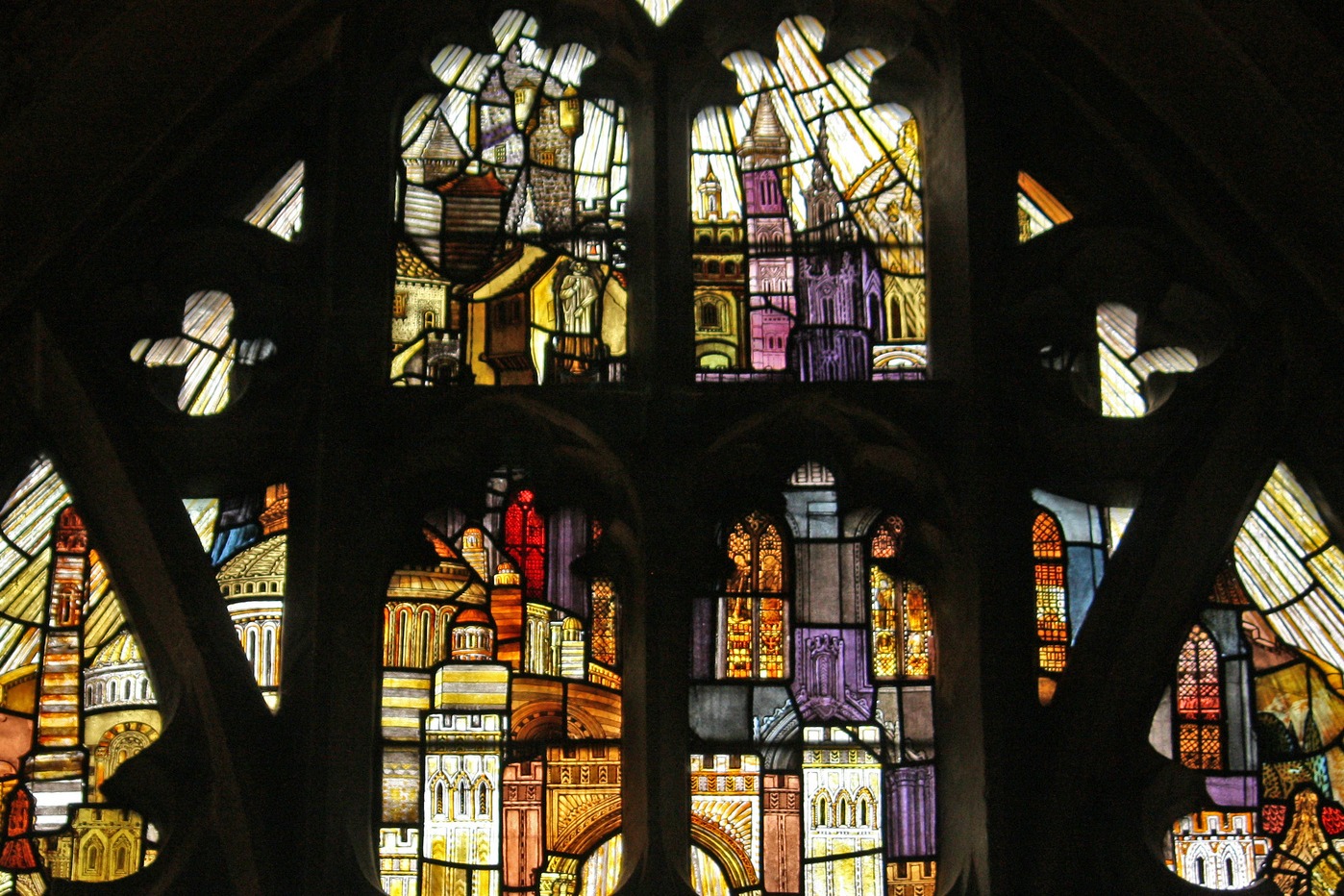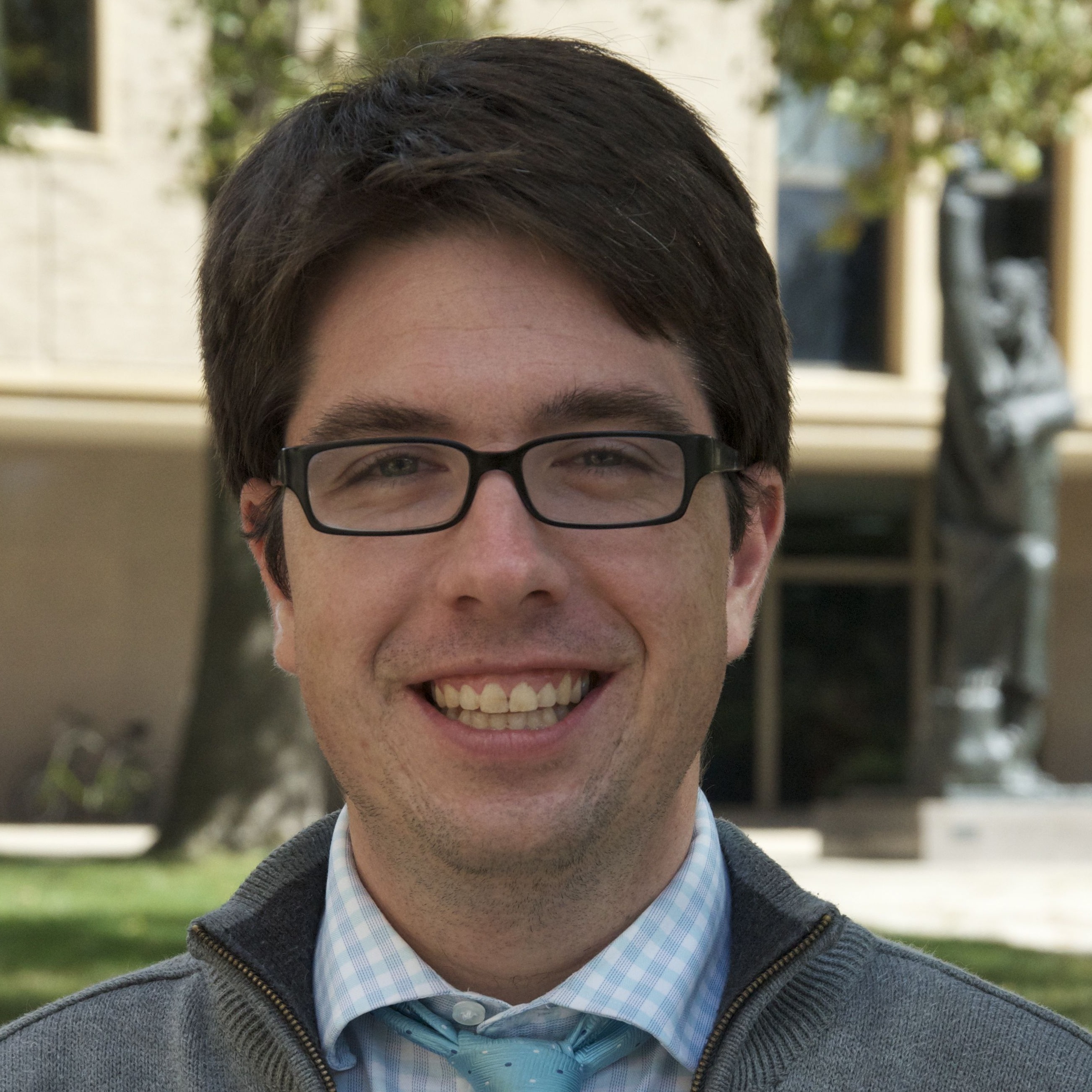A city isn’t just a group of people living closely together. It’s a place with pride, with a vision of what it means to belong together. New York City is the city that never sleeps. Los Angeles is the city of possibilities (and of constant outdoor recreation). They have different visions of human happiness, of what it means to live together.
Jerusalem is a city with a vision. A vision of all humanity redeemed in her midst, worshipping the living God. A city with the ultimate vision.
The Book of Isaiah describes this redeemed city, restored to its glory after the Babylonian captivity. In Jerusalem, all will receive the grace of comfort (cf. Is 66:13). They will delight in the prosperity brought about through the glory of God. For in Jerusalem, all the nations of the earth will offer praise to God for his wondrous works (cf. Ps 66:4–5).
In the Gospel of Luke, the seventy-two disciples (or seventy depending upon manuscript tradition) go out two by two to invite everyone to move to this redeemed city. They are new citizens of a redeemed order, coming to proclaim peace to every household.
Some will greet them as victors, feeding them, caring for them, accepting their proclamation. Other cities will not receive the messengers of the kingdom of God.
When the disciples encounter the hostile towns, they are told to leave. They are told to remind the ungrateful cities that Sodom itself had a more tolerable time than those who refuse to greet the new world order of God’s Kingdom.
This glorious city is the life of the Church today. Membership in the Church is not bestowed because of socio-economic status, because of ethnic identity, because of one’s status in the world. Rather, everyone who bears the marks of Jesus on their body, who is a new creation in Christ (cf. Gal 6:14–15), can be citizens of this New Jerusalem.
And this city has plans for growth. The Church cannot satisfied with a small community of the elect. Like the seventy-two, each of us is to go out two-by-two to proclaim the Kingdom of God to all the ends of the earth.
To those who live as if the only meaning of life is the consumption of goods: come join our city in which love alone is our currency. In which there is no scarcity but the fullness of love.
To those who perpetuate injustice in our cities and towns: come learn anew what it means to live as just daughters and sons of the living God.
To those on the margins of our social life: come discover in our New Jerusalem a city in which all may feast at the banquet of the Lamb once slain.
The Church and every one of her members has a mission to bring all of humanity into the Good News of salvation. We are not a country club for the redeemed.
We are to become fully the city of God, the New Jerusalem, where God’s love reigns supreme. We must be constantly converted to our civic responsibility to proclaim the Kingdom of God to all the earth. To invite all the citizens of the world to come and see a new type of citizenship founded in self-giving love.
Of course, the danger is that the Church will be rejected. That each of us will be rejected by those cities and towns and individual persons attached to the old order. Like the seventy-two, we must shake off the dust from our feet and move onward.
To say to a friend, to a neighbor, to a family member fallen away from the Church, “Come and see.” Come and see the new order that God is creating.
![]()
This article originally appeared in Our Sunday Visitor: Newsweekly on June 22, 2016 and is reproduced here with the permission of the publisher.
Featured Image: The New Jerusalem, Lawrence Lew, O.P.; CC-BY-NC-ND-2.0.



